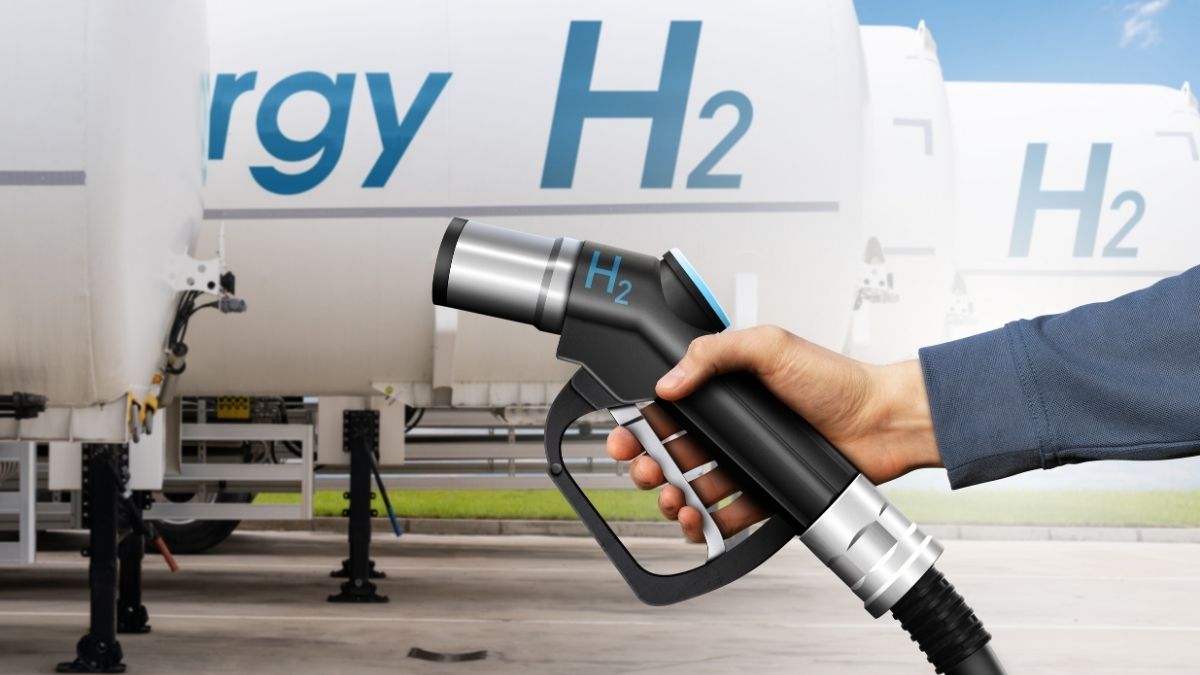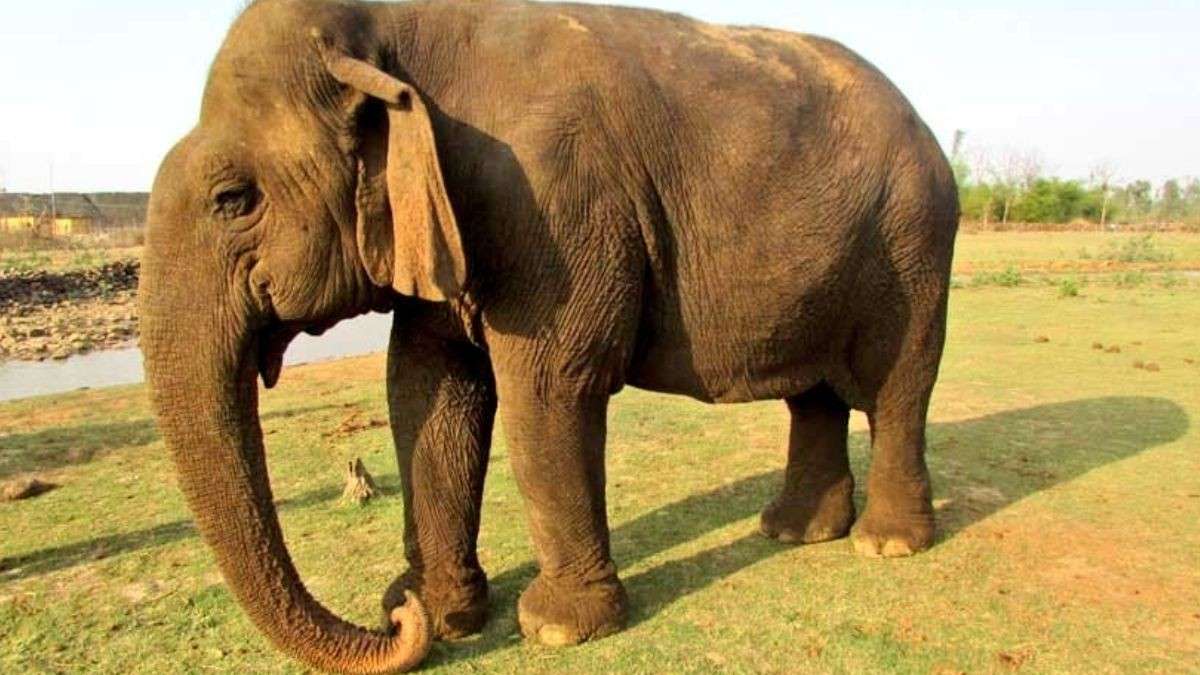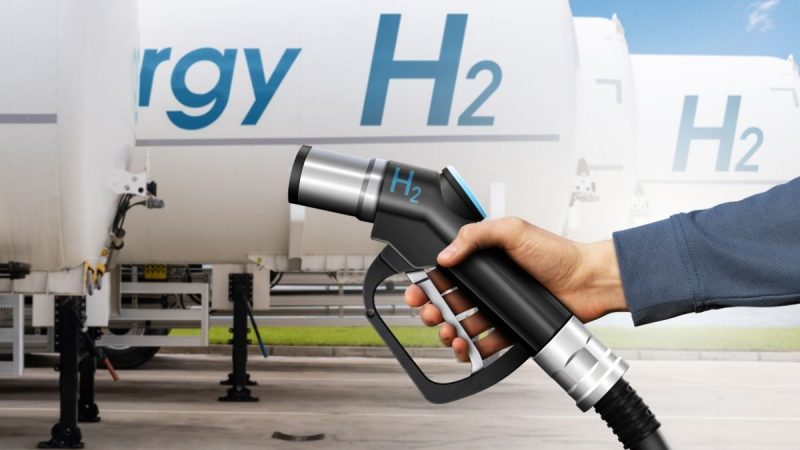The International Air Transport Association or IATA recently shared the “Aviation Net Zero CO2 Transition Pathways Comparative Review.” This comparative review was shared along with the Air Transportation Systems Laboratory at University College London or UCL. The Air Transport Action Group or ATAG and the International Council on Clean Transportation or ICCT were also a part of this review. Among the major findings of this comparative review was the fact that Sustainable Aviation Fuels or SAF will be majorly responsible for decarbonising the aviation industry by 2050.
Sustainable Aviation Fuels To Help Decarbonise Aviation
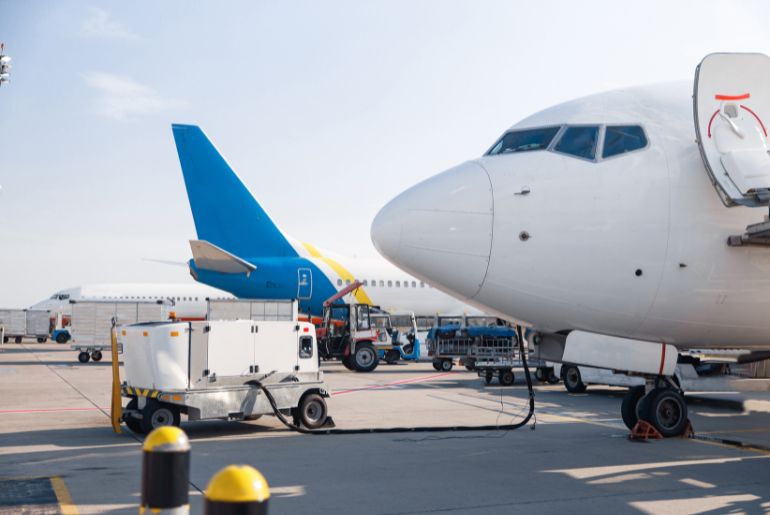
The telos behind the comparative review was to provide a one-stop shop for policymakers and airlines alike to conveniently learn the key similarities that most sustainable roadmaps have. Some of the key findings are as follows: –
- The roadmaps to achieving Net Zero Emissions are predicated on the assumptions of the authors on how decarbonising technologies will evolve, which are quite variegated.
- One assumption made universally by authors is that Sustainable Aviation Fuels or SAF will be responsible for the greatest amount of CO2 reduction in the aviation industry. As per the press release, the role of SAF varies from 24 per cent to 70 per cent.
- The reason that the variation is so wide is because it factors in the uncertainties. These are around supportive government action, cost of production, level of investment, etc.
Also Read: South Korean Scientists Develop Sustainable Hybrid Rice To Tackle Food Crisis & Climate Change
Other Important Findings Of This Comparative Review
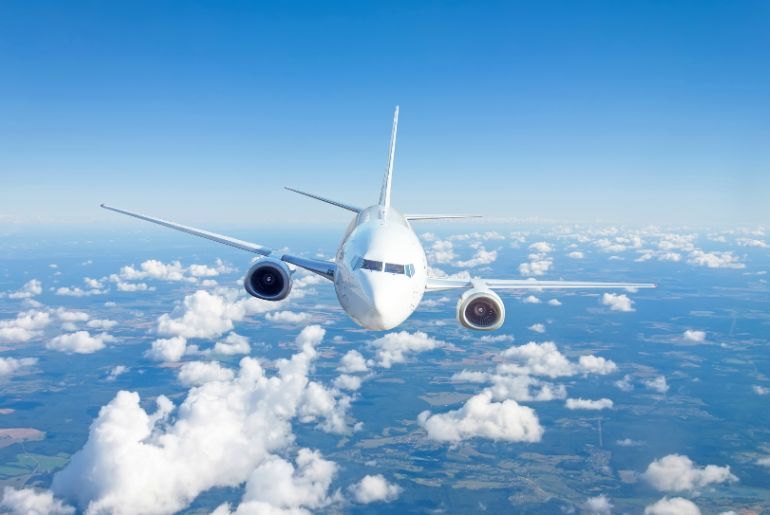
The review mentioned that the estimation of emission savings by battery-powered and hydrogen aircraft. It greatly depends on whether a particular government adopts stringent pro-hydrogen policies. It also depends on whether there is a rapid decline in the price of renewable energy.
There is another observation that is quite common throughout the roadmaps reviewed. It is that the aviation sector will need help from market-based measures. To account for the residual emissions in 2050, it will need the aid of carbon removals as well.
Also Read: Indian Travellers Are Mindful About Their Impact On Nature; 87% Focus On Sustainable Travel
Click here to read the entire comparative review.
Do you fly frequently? How do you think the aviation industry will change given the looming climate crisis? Let us know in the comments section below!
Cover Image Credits: Canva Images (For Representational Purposes Only)
For more such snackable content, interesting discoveries and the latest updates on food, travel and experiences in your city, download the Curly Tales App. Download HERE.
First Published: April 19, 2024 1:39 PM
